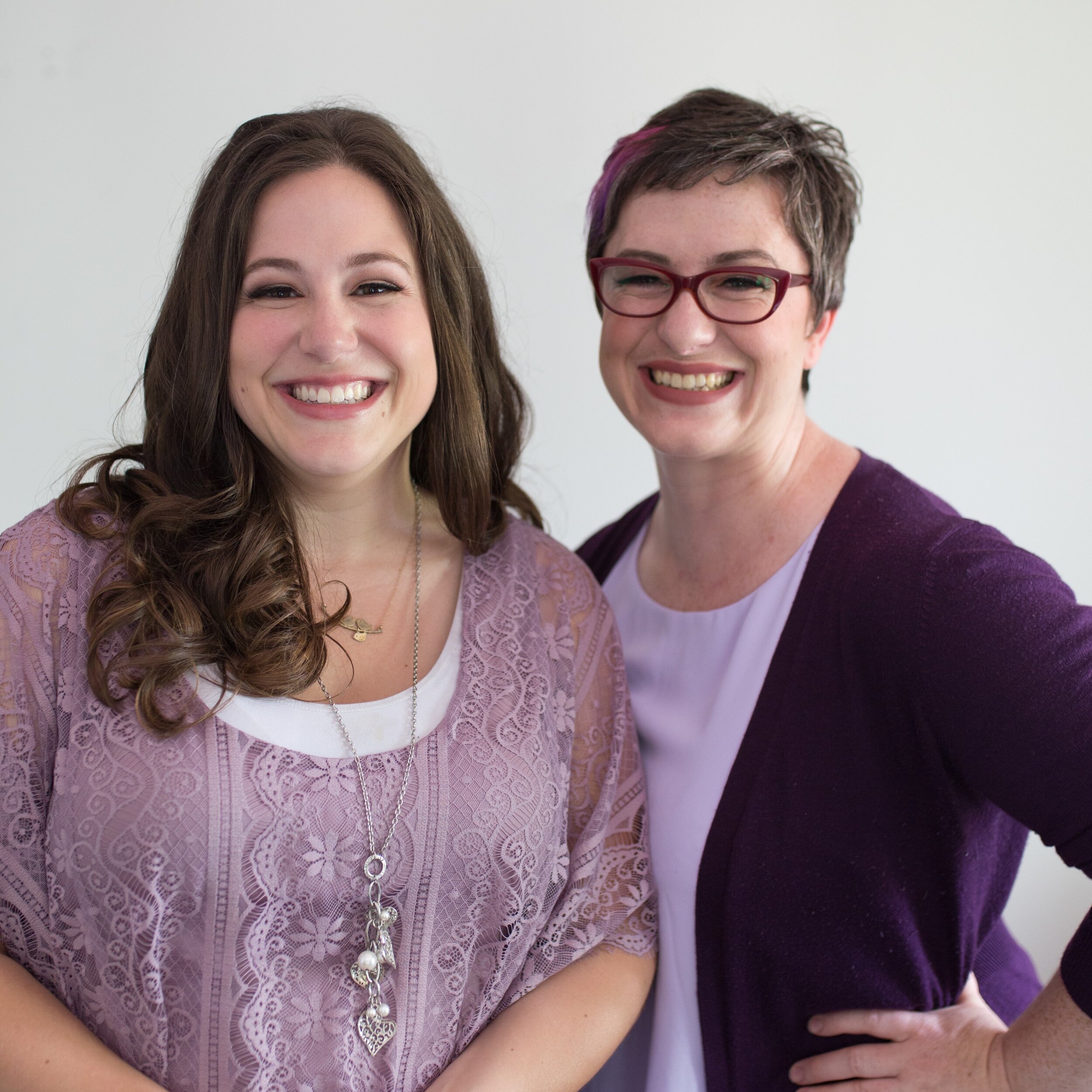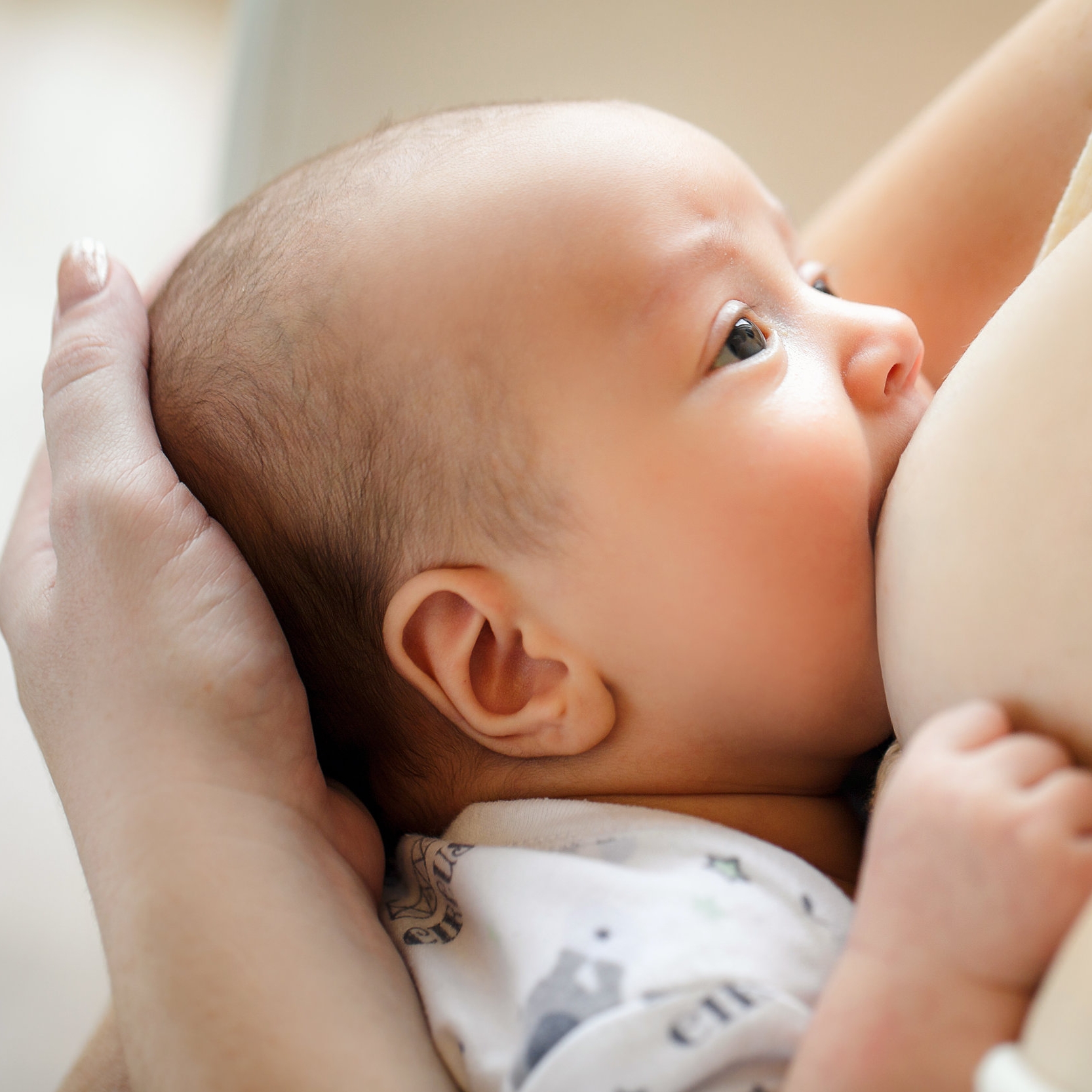How Acupuncture Can Support You During Pregnancy and Postpartum
We are excited to introduce you to Registered Acupuncturist Megan Gusdal, who works at the ATMA Collective in NW Calgary. She offers intuitive, gentle, and effective support to clients for pregnancy, birth, and the postpartum period. If you have questions about acupuncture and how it may help you, read on...
As a registered acupuncturist, the main focus of my practice is supporting women in my community. This looks different for each of my clients and includes all stages of reproductive health. My role depends on what each individual needs or wants, and what their goals are.
One area that has become a specialty of mine is pregnancy and postpartum care. Acupuncture and Traditional Chinese Medicine (TCM) support and nurture pregnant people through a number of issues and conditions. You may have some questions:
Is acupuncture safe during pregnancy?
Yes! A 2014 study published in the Acupuncture in Medicine Journal concluded that acupuncture treatments are an effective and non-invasive way to address and manage health concerns in pregnancy. Acupuncture can provide relief for issues that may not otherwise be treated with medications during pregnancy due to safety concerns or side effects.
One thing I always suggest is to make sure the professional you are seeing for treatment is a Registered Acupuncturist. In Alberta that would mean having a registration number from the College and Association of Acupuncturists of Alberta (CAAA) certifying they've met provincial regulatory standards.
Does it hurt?
Not usually. Most clients find acupuncture extremely relaxing and even fall asleep during a session. It can be normal to feel a slight heaviness or warmth around points, and sometimes the insertion may be felt, but otherwise the experience should be painless.
It's important in my practice that anytime someone is uncomfortable with any part of the session, that we communicate openly and make sure that any concerns are addressed before proceeding. Informed consent (written and verbal) should always be obtained before any treatment is attempted.
What does acupuncture do? What are the benefits?
I see clients from the first trimester, into the postpartum period, and beyond.
Acupuncture can be extremely beneficial in the first trimester to support and help maintain a pregnancy and alleviate early symptoms such as nausea, fatigue, and heartburn.
As baby grows, treatments can be focused on aches and pains (back, hips, pelvis), constipation and digestive concerns, swelling and edema.
Another important time is when, in the third trimester, we begin to prepare the body for labour. There are labour and birth preparation points that are done along with points that are determined for each individual's needs.
Can it help turn a breech baby?
It can! I've seen babies turn many times and I often combine acupuncture with a therapy called moxibustion (herbs heated over specific acupuncture points) to encourage babies to move into correct positioning. Moxibustion has a high success rate and I've seen some studies that say anywhere from 70% to over 80% success in babies moving to head down positions.
Typically, we would want to begin treatment around the 34 week mark or as soon as malposition (breech) is identified after that time.
What do labour preparation treatments do? Will I go into pre-term labour?
No. Specific acupuncture points that are known to promote labour are avoided until you are at term. The points used for birth preparation will not bring on early labour.
The points used for labour and birth preparation do just that, they help to prepare and nourish the body. The points help to relax and soften the uterine ligaments, encourage blood flow into the pelvis, prepare the cervix to soften and dilate, and signal baby to descend into the birth canal in the optimal position. These weekly treatments typically start at 36 weeks.
As your due date approaches (or sometimes passes!), we add additional points that stimulate stronger birth sensations (contractions), help baby to engage, and gently promote further cervical dilation. These treatments are done more frequently, every 1-3 days until labour begins. Treatments can also be done in the early stages of labour to help regulate contractions or stimulate them to begin if membranes have ruptured.
These treatments also focus on the emotional well-being of the client, as anxieties and worries frequently come up as due date approaches.
Is acupuncture helpful postpartum?
Absolutely. We tailor postpartum treatments to help restore energy levels, balance and regulate hormones and emotions (postpartum depression/anxiety), and nourish blood and iron levels.
Sometimes clients are surprised to find out acupuncture can also be a gentle and effective way to assist with lactation concerns. It can assist with milk production and encouraging let down, and can be used along with other treatments for mastitis.
When recovering from a caesarean birth, acupuncture can reduce pain and inflammation, decrease nerve damage, promote circulation and healing in the abdomen, and minimize scar tissue.
It can be difficult in the immediate postpartum time to try and arrange treatments, so I also give suggestions for nutrition and other supports to help in the first few days/weeks after birth until clients feel ready to come back to the clinic.






